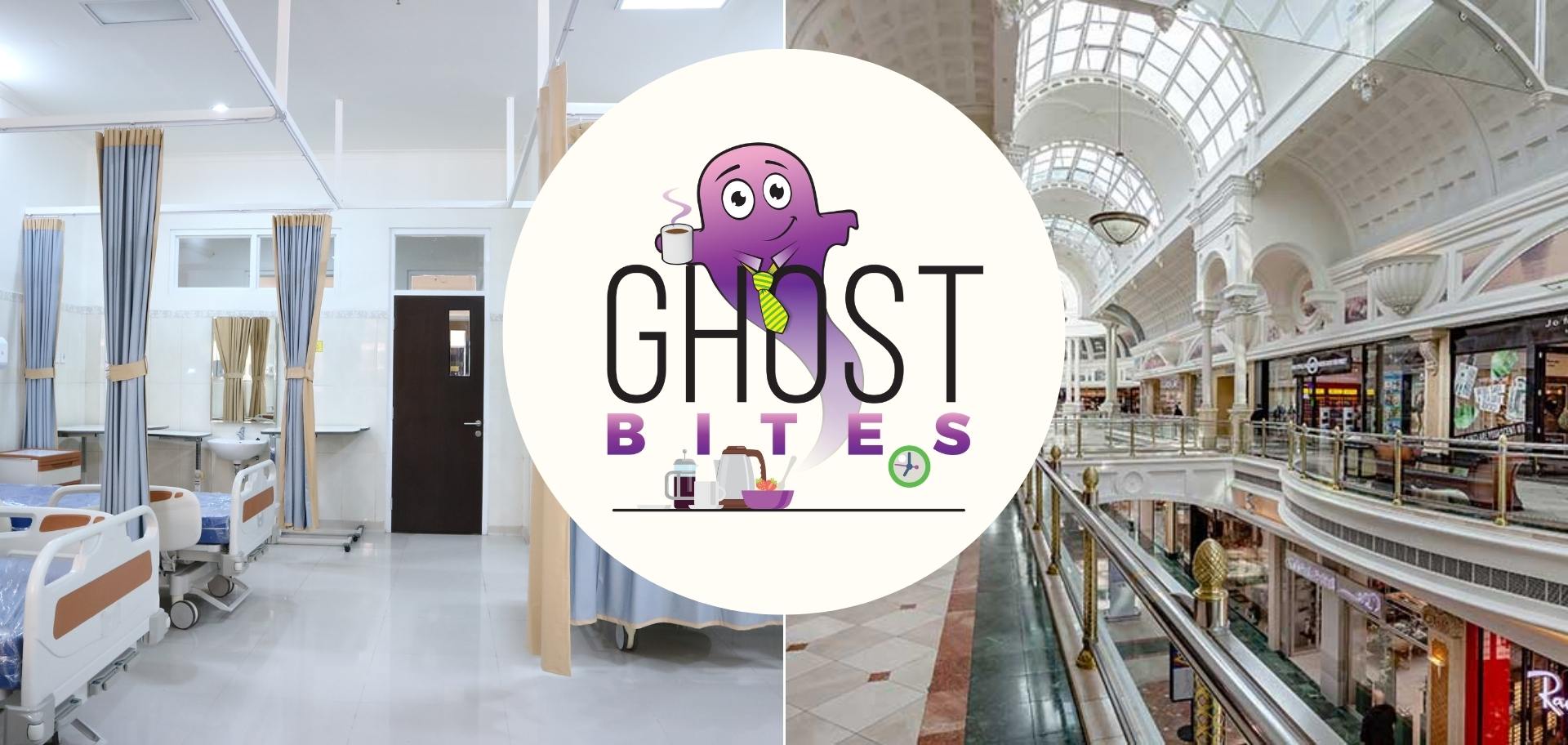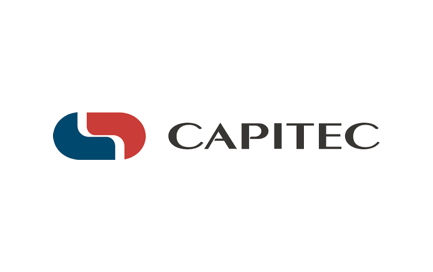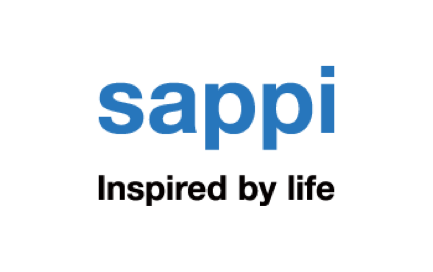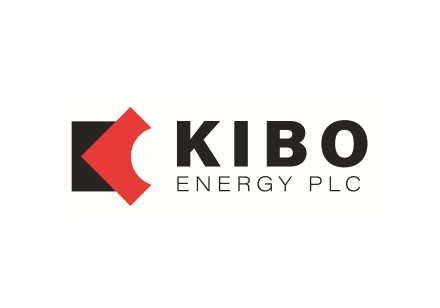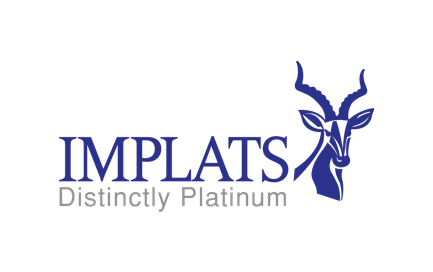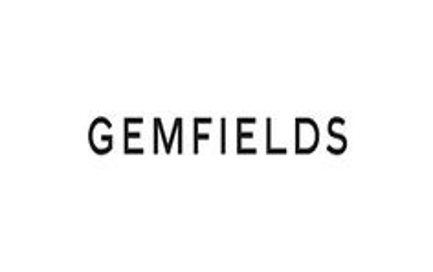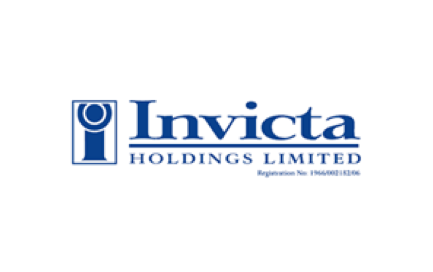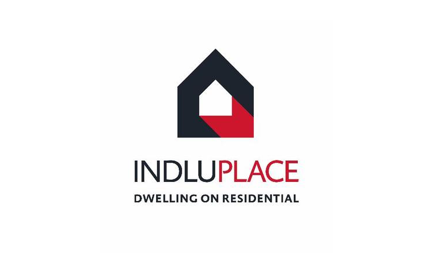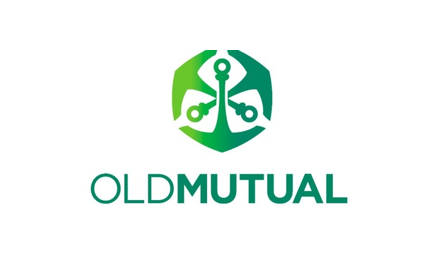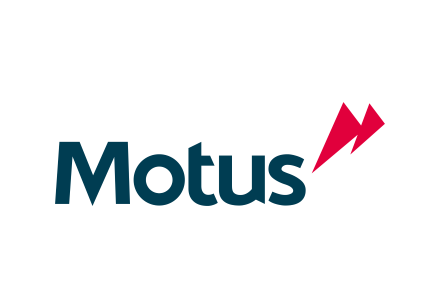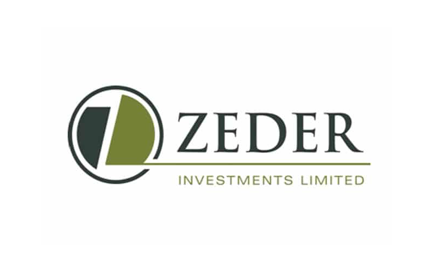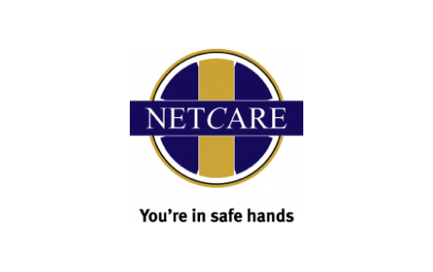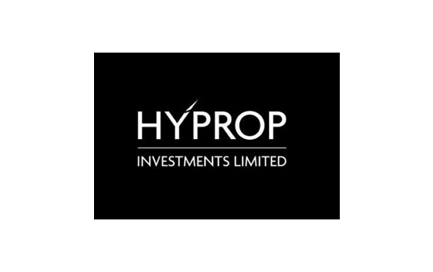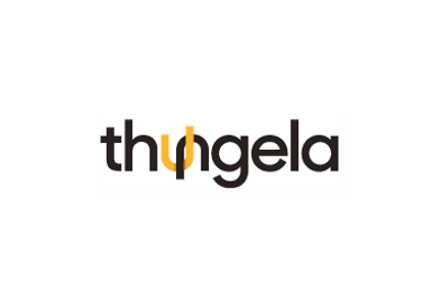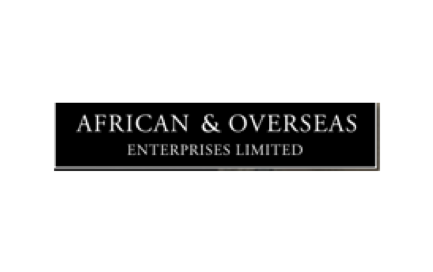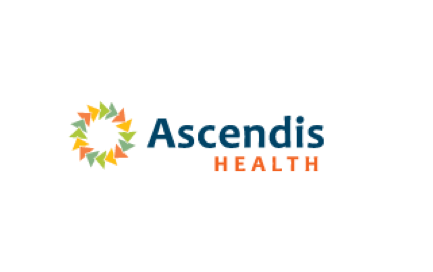If you enjoy Ghost Bites, then make sure you’re on the mailing list for a daily dose of market insights in Ghost Mail. It’s free! SIGN UP >>>
Capitec’s valuation finally takes a knock
At some point, the valuation matters even for the likes of Capitec
There are a few companies on the JSE that cause a feeling of great disgust for value investors. Capitec is one of them, trading on a gigantic multiple that has defied all common sense for a long time now.
Price/book is the right metric to use for banks, as the book value (assets less liabilities) is a decent approximately of the market value of the net assets. This is because banks need to recognise almost all their assets and liabilities at “fair value” rather than “historical cost” as is the case for e.g. a manufacturing company. The only other sector where price/book is very useful is property, as once again the assets are held at fair value.
The next important concept is return on equity, commonly called ROE.
Now, if a bank’s ROE is say 15% and as an investor you expect a return of 15% from the company, then what would you pay for the equity? You would pay 1x the book value, right?
But if you expected a return of 15% and ROE is only 10%, then the bank needs to trade at a discount to book. In this case, it would trade at a price/book of 0.667x (10% / 0.667 = 15%).
If ROE was 20% vs. an expectation of 15%, it would be at a premium to book of 1.33x. You calculate this as 20% / 0.15 = 133.33 and then express the answer as a premium to a book value of 100.
If it’s too early in the morning for the maths, don’t stress. The principle is what counts.
You see, Capitec’s net asset value per share at the end of August has now been confirmed as R308.87 and the share price is R1,614 – a gigantic price/book of 5.2x even after the recent sell-off! With a ROE of 26%, the effective ROE (as you are paying 5.2x the book value) is 26/520 = 5%.
That’s all. 5%.
This means that the market is still pricing in a huge amount of growth for Capitec. Headline earnings per share growth of 17% isn’t shabby by any means. It’s just nowhere near enough to justify this valuation.
Hyprop’s balance sheet is looking much better
Fully consolidated loan-to-value (LTV) ratio down from 45.8% to 36.4%
I hold shares in Hyprop as part of a property recovery play. It warms my heart to see this drop in the LTV, though it will actually be 39.2% after the proposed October dividend. Still, we are talking about a reduction in borrowings of R5.6 billion in the past year.
Importantly, most key trading metrics in the portfolio have exceeded 2019 levels. All you have to do is visit your local mall to see the recovery in retail, in my opinion driven by the removal of the mask mandate. As soon as we were no longer forced to walk around with underwear on our faces, we started having fun at malls again.
A dividend of 293.6 cents per share has been declared and Hyprop will use a dividend reinvestment plan to try retain up to R500 million in cash. I’m looking forward to seeing what the discount to the share price will be under this reinvestment option.
With the South African portfolio accounting for 63% of group assets and 85% of distributable income, Hyprop will be looking at opportunities to expand the Eastern European portfolio. The assets in the rest of Africa are in the process of being sold.
Kibo looks to create a dedicated renewables company
An IPO of Ultimate Sustainable Energy Ltd would raise capital on the AIM
Kibo Energy is hardly the biggest company around, so the strategy to potentially split it in two is unusual. The idea here is clearly to tap into investor demand for renewable energy assets, particularly in London where the entity would be listed on the development market of the London Stock Exchange (the AIM board).
The company hopes to achieve this separate listing by the first quarter of 2023. Kibo Energy will retain a stake of 75% in the new entity, which will be named Ultimate Sustainable Energy. It sounds like a drink you might buy at the local garage.
Kibo hopes to raise between £7 million and £10 million in this listed vehicle. The projects that would be included are the waste-to-energy projects in South Africa and the UK, as well as all biofuel projects. Kibo will retain the rights to the long-term energy storage technology (CellCube), the majority interest in National Broadband Solutions, the 61.2% interest in Mast Energy Developments and the 21% interest in Katoro Gold.
The costs of maintaining two listed entities shouldn’t be ignored here. There will need to be considerable capital raised to justify this strategy.
Netcare confirms a normalisation of hospital activities
Case mix is closer to pre-Covid levels, which makes me happy
In a pre-close update on its trading performance, Netcare notes that occupancy levels were higher in the second half of the year and that patient days were 13.3% higher vs. the first half of the year.
The case mix is closer to pre-pandemic levels, which has driven higher than expected patient growth but lower than expected revenue growth. Acute revenue per patient day fell by 1.7%, reflecting a decline in higher complexity Covid admissions vs. the normalised case mix. The average length of stay fell from 4.8 days to 4.3 days.
For the year ended September, normalised revenue is expected to be between 2% and 3% higher. EBITDA margins are expected to be between 60 and 150 basis points higher than last year’s number of 16%.
The sad news is that the fastest growing category of patient days is mental health, up 15.7% in the second half of the year vs. the first half. People are under incredible pressure and so many just aren’t coping. In contrast, theatre minutes only grew by 5.9% in the second half vs. the first half.
Interestingly, elective surgery as a percentage of total admissions has recovered to 24.1% of total admissions against an average of 28.5% pre-pandemic.
Thungela has no interest in renewables
The company has strongly refuted a Bloomberg article
In an article that seemed to set hares running, Bloomberg claimed that top coal miners (including Thungela) are considering bids for certain renewable energy assets held by Actis. Thungela has strongly refused this claim, confirming “categorically” that it is not considering the acquisition of any renewables businesses.
This is the correct approach, as investors look to Thungela as a pure-play coal asset. Acquiring any other assets would simply muddy the waters. Those who specifically want to own renewables can just do it through other companies. Those who want to own coal do so through Thungela.
It sounds as though Bloomberg really got this one wrong, as a claim that Thungela declined to comment on the story isn’t correct. Thungela wasn’t even requested to comment in the first place!
The only renewable energy assets that Thungela will invest in are solar plants at the operating facilities.
Little Bites
- Director dealings:
- The chairman of Ascendis Health has acquired shares worth nearly R54k
- Two prescribed officers of Old Mutual have bought shares in the company worth over R1.5 million in total
- The CEO of Invicta has bought shares in the company worth R2.575 million
- A director of a subsidiary of Netcare sold shares in the company worth R116.5k
- After I pointed out the massive disclosure shortcomings in Motus’ latest director dealings announcement, the company issued a clarification announcement. It noted that the sales happened automatically as part of covering the tax on the vesting of a long-term incentive scheme. Whilst that may be the case, I’m not sure it addresses the need to announce dealings within four days, something that clearly didn’t happen. Either way, the initial announcement was a poor showing of governance, as this clarification should’ve been in the first announcement.
- Sappi has agreed to sell three European graphic paper mills to Aurelius Investment Lux One, a multi-asset manager group with diversified investments across Europe. The deal is expected to close in the first quarter of 2023 and the price is €272 million, though the cash price will be different as this includes adjustments for receivables and liabilities. The net loss after tax for the mills in the year ended March 2022 was €6.5 million and EBITDA was €58 million. Sappi will use the proceeds to invest in the commercial print market in Europe.
- Gemfields has released results for the six months to June 2022. The share price jumped another 8% as strong free cash flows drove an interim dividend declaration of USD0.01266 per ordinary share. The exchange rate will be confirmed at a later stage but this is around R0.22 per share, a yield of over 6% just based on this interim dividend. The company really is doing well at the moment.
- Indluplace Properties released an pre-close operational update that reflects an occupancy rate in the residential portfolio of 92%. The Johannesburg inner city portfolio is around one third of the total portfolio and has a vacancy rate of 10.8%, well above the rest of the portfolio’s vacancies of 6%. Trying to reduce the vacancies has put pressure on average portfolio rentals. In the student portfolio, the universities didn’t renew the head leases and Indluplace had to enter into individual leases with students. The over-supply of accommodation has had a negative impact and Indluplace is in discussions with the universities to avoid this situation in 2023. The loan-to-value ratio is below 40% and the distribution per share is expected to be between 31 and 32 cents.
- Impala Platinum has acquired another 0.35% in Royal Bafokeng Platinum, taking the stake to 40.46%.
- 4Sight Holdings is repurchasing R16 million worth of shares at a price that represents a 41.83% discount to the 30-day VWAP. The seller is a material shareholder and thus a related party, as the group’s market cap is only R145 million.
- Rex Trueform’s HEPS will increase by 81.9% in the year ended June 2022. Related entity African and Overseas Enterprises Limited has seen HEPS growth of 117.5% over the same period.
- Zeder’s disposal of The Logistics Group (TLG) was implemented on 31 March 2022. The initial consideration payable was R1.35 billion, with another R218 million subject to earn-out payments. One of the earn-out triggers has been achieved, so Zeder has received another R178 million. The remaining earn-out isn’t certain, with Zeder hoping to receive it in the current financial year.

